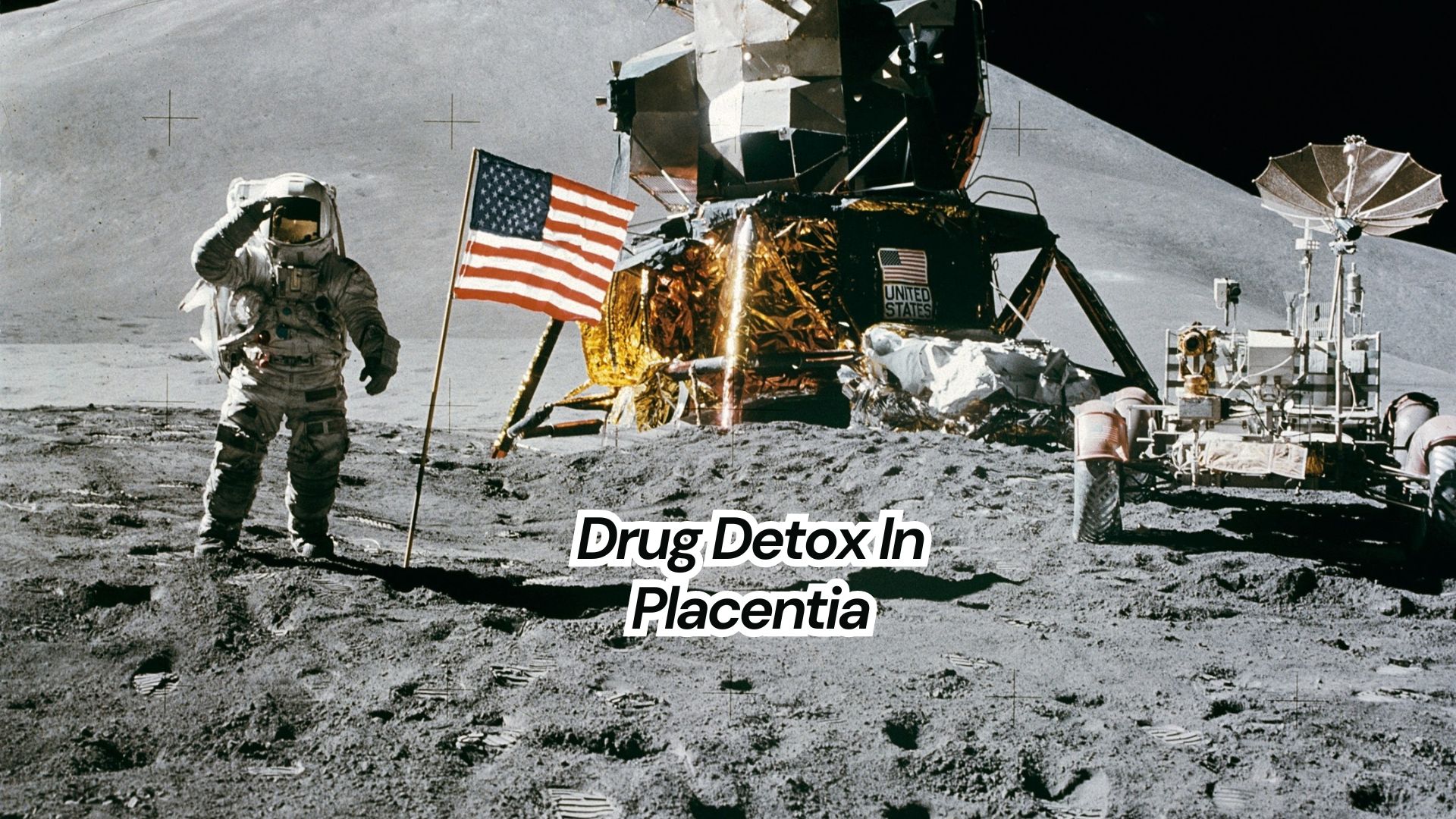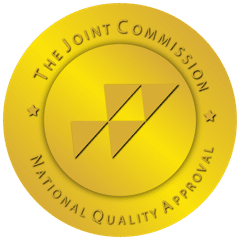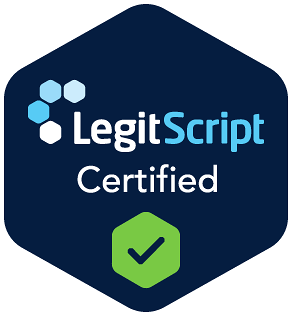Drug rehab is a transformative process, and therapy and counseling form its foundation. These methods provide essential tools, insights, and strategies to help those on the path to recovery address the complexities of addiction and create a foundation for long-term success. At Lift Off Recovery in Anaheim, our rehab programs incorporate a range of therapeutic techniques tailored to the unique circumstances of each person.
In this blog, we will explore how therapy and counseling contribute to the healing process, highlight various therapeutic approaches, and explain why they are critical to achieving and maintaining sobriety.
Why Therapy and Counseling are Essential in Drug Rehab
Substance use disorders often arise from a combination of emotional, physical, and psychological factors. Therapy and counseling target these underlying causes, offering strategies for overcoming challenges and repairing strained relationships.
We recognize that every renewal journey is unique. That’s why we emphasize tailored care that addresses the specific obstacles and goals of each client.
Learn more about our therapy programs at Lift Off Recovery.
The Importance of Addressing Co-Occurring Disorders
Addiction frequently coexists with mental health conditions such as anxiety, depression, or PTSD. These co-occurring issues can exacerbate substance use and complicate healing, making integrated care essential. Therapy and counseling in drug rehab aim to identify and address these overlapping challenges to promote comprehensive healing.
Our integrated treatment plans address substance use and mental health concerns together. By fostering emotional stability and addressing these interconnected issues, clients are better equipped to achieve a sustainable renewal journey.
The Goals of Therapy and Counseling in Drug Rehab
Therapy and counseling are designed to achieve several critical objectives:
- Uncover Root Causes: Addiction often stems from unresolved trauma or stress. Therapy provides a space to explore and address these underlying factors.
- Build Coping Skills: Effective healing process requires learning strategies to handle stress, cravings, and triggers in healthy ways. Counseling equips clients with these tools.
- Enhance Mental Health: Therapy addresses emotional and psychological health challenges, improving overall well-being and creating a solid foundation for healing.
- Strengthen Relationships: Addiction often impacts personal connections. Counseling helps restore trust and communication, fostering a supportive environment.
- Encourage Growth: Therapy promotes self-reflection and meaningful change, helping clients align their behaviors with their goals for a healthier future.
These objectives form the cornerstone of a personalized healing plan designed to support long-term success.
The Role of Aftercare in Supporting Therapy Outcomes
While therapy and counseling are integral to the initial healing journey, aftercare programs ensure that progress is maintained over the long term. Aftercare provides continued support through structured resources, helping to prevent relapse and reinforce positive habits.
At Lift Off Recovery, aftercare integrates with therapy and counseling to provide seamless support. It includes group meetings, ongoing sessions, and workshops that address real-life challenges as they arise. This continuity helps solidify the skills developed during treatment, creating a reliable safety net for the future.
Types of Therapy Used in Drug Rehab
Effective rehab programs combine evidence-based and holistic approaches to address the multifaceted nature of addiction. At Lift Off Recovery, we utilize a variety of therapies, including:
1. Individual Therapy
One-on-one sessions provide a safe environment for clients to explore personal challenges, identify patterns of behavior, and develop customized strategies for rehabilitation.
Popular approaches include:
- Cognitive-Behavioral Therapy (CBT): Focuses on identifying and modifying harmful thought patterns that contribute to substance use.
- Motivational Interviewing (MI): Helps clients explore their reasons for change and strengthens their confidence in the healing process.
Learn more about individual therapy at Lift Off Recovery.
2. Group Counseling
Group sessions allow clients to share experiences and learn from others. These settings foster connection and accountability, offering perspectives that can inspire and motivate change.
Benefits include:
- Reduced feelings of isolation
- The opportunity to learn from shared experiences
- Support and encouragement from peers
3. Family Therapy
Addiction affects more than the person using substances; it impacts loved ones as well. Family counseling sessions help rebuild trust and improve communication, fostering a supportive home environment conducive to healing.
At Lift Off Recovery, family involvement is an integral part of the healing process, ensuring that clients and their loved ones move forward together.
Discover how family therapy supports recovery.
4. Trauma-Informed Therapy
Past trauma often plays a role in addiction. Trauma-informed sessions create a compassionate and safe space to process and heal from these experiences, reducing emotional triggers that may lead to relapse.
5. Holistic Therapies
Holistic methods, such as mindfulness, yoga, and art sessions, complement traditional approaches by addressing overall well-being. These therapies encourage balance and self-awareness, providing additional tools for maintaining sobriety.
Learn more about holistic therapies at Lift Off Recovery.
The Benefits of Therapy and Counseling in Drug Rehab
The incorporation of therapy and counseling in drug rehab offers a range of critical advantages, each contributing to the journey toward lasting healing. These benefits include:
Understanding the Nature of Addiction
Therapy promotes a deeper understanding of addiction, including its physical and psychological components. This awareness is an essential step in disrupting the cycle of substance use and moving toward a healthier life.
Developing Resilience
Therapy equips those in recovery with essential tools to face life’s challenges, including stress, cravings, and high-risk scenarios. By building strength and adaptability, counseling helps prepare clients to navigate obstacles confidently.
Improving Communication
Substance use often damages the ability to communicate effectively, leading to misunderstandings and strained relationships. Counseling teaches constructive ways to express emotions and needs, helping rebuild connections with loved ones.
Regulating Emotions
Managing emotions is a cornerstone of recovery. Counseling sessions introduce techniques for coping with feelings such as anger, anxiety, or sadness in healthy and constructive ways.
Preventing Relapse
By identifying triggers and creating actionable plans, counseling helps minimize the risk of relapse. Clients leave treatment with a sense of control and a clear strategy for maintaining their progress.
Building a Foundation for Emotional Resilience
Recovery isn’t solely about avoiding substances—it’s about creating a fulfilling life where challenges can be met without returning to harmful behaviors. Emotional resilience is pivotal in this process, allowing clients to manage stress and heal from setbacks effectively.
Therapy focuses on skills such as mindfulness, emotion regulation, and problem-solving. These strategies empower those in recovery to face stressors with confidence, even in difficult circumstances. These practices are integrated into every phase of our treatment to ensure clients are prepared not only to recover but also to excel in their daily lives.
The Role of Education in Recovery
Education is a critical aspect of therapy and counseling in drug rehab, giving clients the knowledge necessary to understand their experiences and recovery process. Through discussions and workshops, clients learn about:
- The science of addiction and its effects on the brain and body
- Strategies for avoiding triggers and maintaining progress
- Tools to manage cravings and high-risk situations
At Lift Off Recovery, education is embedded in every stage of care. Clients are encouraged to explore their patterns, build awareness, and develop a proactive approach to managing challenges. By fostering a deeper understanding, education helps establish confidence and control over the rehabilitation journey.
Why Choose Lift Off Recovery for Therapy and Counseling?
At Lift Off Recovery, our approach is rooted in evidence-based practices and tailored care, designed to meet the diverse needs of those seeking healing. Here’s what makes us unique:
- Proven Methods: Our therapies are supported by research and have demonstrated success in promoting long-term recovery.
- Personalized Plans: Each treatment plan is customized to reflect the specific goals and challenges of the clients.
- Compassionate Support: Our team provides a welcoming and encouraging environment to help clients feel at ease.
- Comprehensive Care: From detox to aftercare, our programs offer continuous support at every stage of the healing process.
Therapy and Counseling as Keys to Recovery
Therapy and counseling are foundational to the success of any drug rehab program. These methods address the root causes of addiction, promote personal growth, and equip clients with the skills needed to maintain long-term sobriety.
At Lift Off Recovery in Anaheim, our therapy-focused approach is designed to help those seeking restoration achieve healing, growth, and a sustainable, healthier lifestyle. If you or someone you care about needs support, our dedicated team is here to help every step of the way. Contact Lift Off Recovery today to learn more about how our programs can support your path to recovery.






